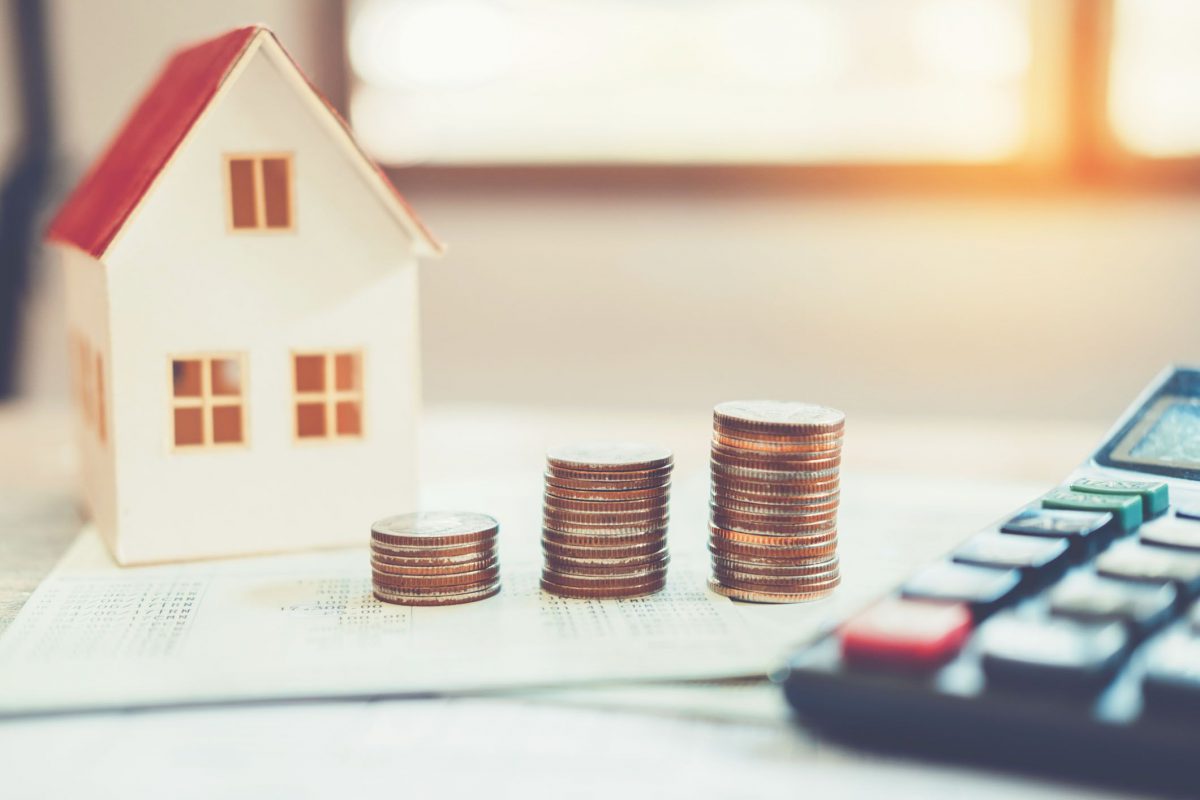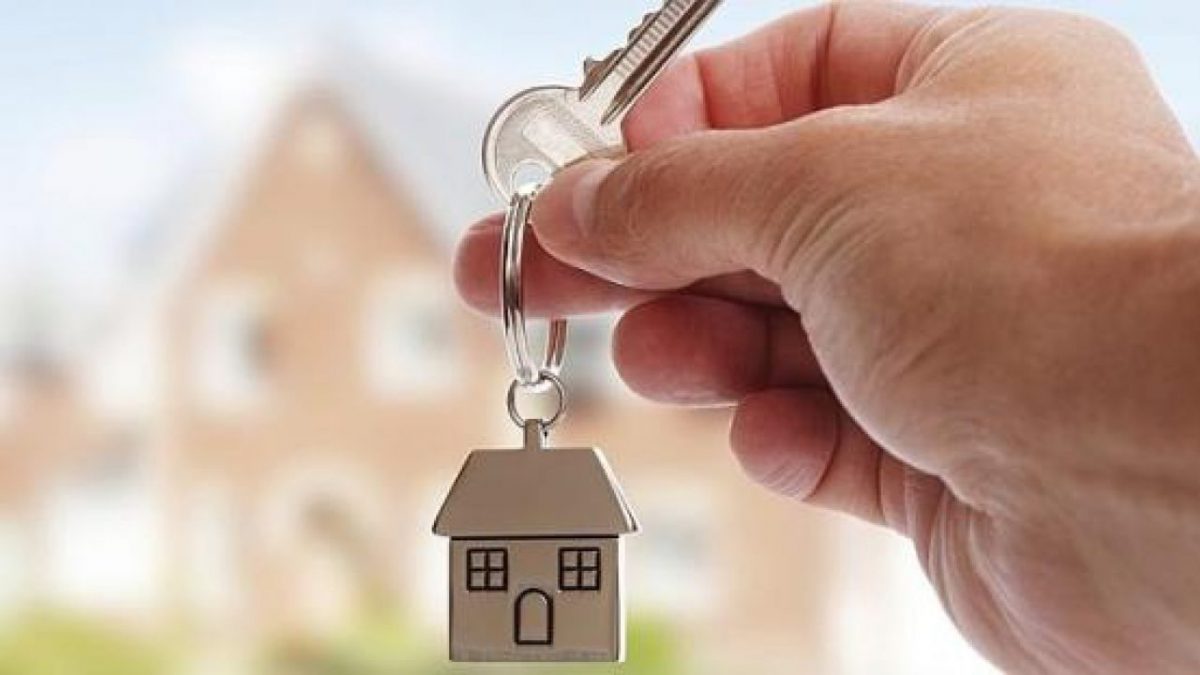If you’ve recently taken the home-buying plunge, our survival guide is a must-read that will help you avoid common pitfalls, budget your time and money, and glide smoothly into the joys of owning your own home.
We hope you’ll take away two essential things from this guide: an awareness of what you can expect in the first year of living in your new home, and some sound advice on being prepared for the most important aspects of being a new homeowner.
SET UP YOUR UTILITIES
You’ll need to get all utilities into your name, so make a list and work through it. Call the electric, phone, and gas companies. Contact the county for your sewer and water, if it supplies both. Does the town pick up garbage/recycling, or do you need to contract for that yourself? If you want Internet and broader TV service than an antenna will get you, research your options and start calling for the best bargain. With all the digital entertainment options available, you may decide to cut the cord on cable.
Get on Utility Provider Budget Plans
With so many new variables, the first year in a new house is usually challenging financially. Get on budget plans where you can. Many utility providers will estimate your use for the year, and then break your bills into 12 equal payments. This reduces fluctuations in your charges throughout the year, which can be helpful. Money can feel extra tight after the big move.
Triple-Check Your Billing Address
Make extra sure each service provider has your contact information recorded correctly—down to the last digit of your zip code. If you don’t receive bills due to some administrative error, you may come home to find your water turned off.
PREPPING THE HOUSE… OR NOT
Some work is more easily done before you get all your stuff in the house. If timing and budget allow, consider doing painting or floor refinishing before your move-in date. Do you need help with cleaning? If you want professional help with anything, bundle that into your move-in budget.
Don’t fret if there’s no money left for these things right away. Sometimes it’s better to live in a house awhile before deciding on paint colors, carpeting, or a new kitchen backsplash. A home is a work in progress, and it takes time to get the feel for a new place. Doing too much at once can be overwhelming and can kill the joy of the experience. Feel free to take a slow approach and live in your house as is for six months to a year or more. Who knows—you might just grow to love that vintage 1950s tile in the bathroom and use it as the inspiration for your interior design.
MORTGAGE AND INSURANCE LOGISTICS
Homeowner’s Insurance
If you have a mortgage, homeowner’s insurance was probably required for the loan. But it’s smart to reassess your insurance needs within the first six months of owning your home. You may discover you have too much (or too little) coverage. Once the dust has settled, take a critical look at your policy and solicit a second round of quotes from insurers.
Escrow
Most mortgage companies require your taxes and homeowner’s insurance to be escrowed, which means that the mortgage company totals those expenses, then charges you one-twelfth of the sum each month. (Some mortgage companies allow you to opt out of escrow, for a fee.) If you don’t have escrow, remember to budget for your tax and insurance expenses! If you do have escrow, take pains to make sure that the mortgage company is making all payments on your behalf in a timely manner; after all, it’s your house and your credit that are on the line. Also, double-check the accuracy of the estimate made by your lender’s escrow department. If there’s a shortfall, you can expect a bill for the difference at the end of the year. And if that estimate was way off, the bill you receive could be a real whopper.
GET ACQUAINTED WITH YOUR SYSTEMS
Equipment
If you have a lawn, you’ll need to purchase some lawn-care equipment or hire a landscaping service. Start researching lawn mowers and learn how to use a string trimmer. If you don’t have them already, acquire a rake, shovel, and some pruning tools, at the very least. If you decide to fertilize your lawn, you’ll want to purchase a spreader or hire someone for the job. Your new neighbors should have good references.
Service Checks
Plan to have a service check on your HVAC, hot water heater, fireplace, and/or chimney, and any major appliances that require it. Check any filters, and replace if necessary. In short, evaluate all of your home systems.
Labeling
Go through all the breakers in your electrical box and label them. Label the incoming and outgoing pipes, as well as the shut-off valves, for your water and sewer service. Taking a little bit of time now will make it much easier to diagnose and fix any problems that may arise in the future.
Utility Location
Before you start any new landscaping, call a utility location service to come mark where all your services are in the yard. You do NOT want to break a water main or cut off your electricity while you’re planting a tree or installing a fence. It’s worth making yourself a map to keep on file for reference in the future.
Yes, moving into your first home is a lot of work. But you’ll reap so many rewards—you’re building equity, lightening your tax load, and establishing roots in a community. With any luck, some of those new neighbors will become lifelong friends. Congrats, again, on your new home!
MOVING IN!
Pack
If you’re packing your own boxes, pack them room by room, and label them very clearly, so they can be taken immediately to the right place after being unloaded. Make some quick signs for each room that correspond to the box labels. If you organize your move effectively, with any luck, you’ll be able to park in the garage by the end of the week.
Unpack
Set manageable goals for yourself. You probably have several wonderful years, if not decades, to enjoy your new home, so you don’t need to finish unpacking in one day. Decide how many boxes you’ll unpack each day—one or two is completely acceptable—and stick to that number. If you’ve unpacked them and still have energy, turn your focus to another task, like hanging window treatments or shopping for drawer organizers.
Change the Locks
You can throw out the keys got at the closing—right after you change the locks! You have no idea who has copies of those keys, and it’s better to be safe than sorry. So, before you do anything else, call a locksmith or do it yourself—just do it.
Set Up the Move
Will you hire someone or do it yourself? If you’re hiring movers, get as many references as you can and at least three quotes. Make sure anyone you consider has insurance. If you’re doing it yourself, reserve your truck. Get one that’s slightly bigger—and reserve it for slightly longer—than you think you’ll need. That’s one place you can reduce stress.



